Creating muscle-like structures from pulse proteins
2020-2022
Dr. Vickers is characterizing and texturizing pulse proteins to give plant-based meat the familiar fibrous texture of conventional meat.
PRODUCTION PLATFORM: Plant-based
TECHNOLOGY SECTOR: End product formulation and manufacturing

Project aims
This project characterizes and functionalizes pulse flours and protein isolates for producing muscle-like fibers. The research uses twin-screw extrusion to build textured proteins with muscle-like structures from pulses and determines the quality of these textured proteins using sensory measurements.
This work will advance our understanding of the relationship among the structural characteristics of proteins, processing parameters, and extrusion conditions in plant-based meat production. It will develop technologies to enhance the potential of pulse proteins for use in plant-based meat and improve the sensory properties of these products.
Principal researcher

Dr. Zata Vickers
Professor of Food Science and Nutrition, University of Minnesota, USA
Dr. Vickers’s expertise includes in-depth understanding of protein chemistry, functionality of plant protein ingredients, and food materials science. She focuses on measuring food acceptability and the sensory properties of foods. She directs the Sensory Center at the Department of Food Science and Nutrition at the University of Minnesota and is an expert researcher at the Plant Protein Innovation Center.
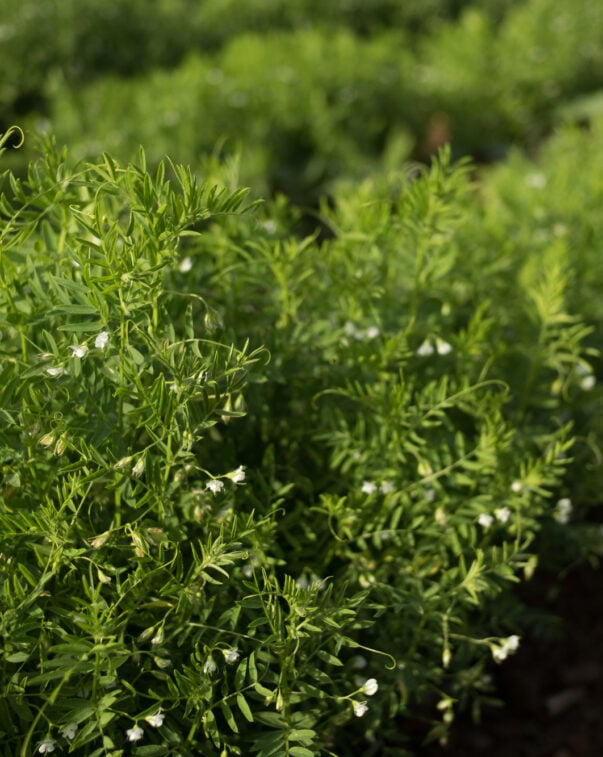
Plant Protein Innovation Center
Check out the Plant Protein Innovation Center website for more information about the plant-based food research at the University of Minnesota.
View related grant projects
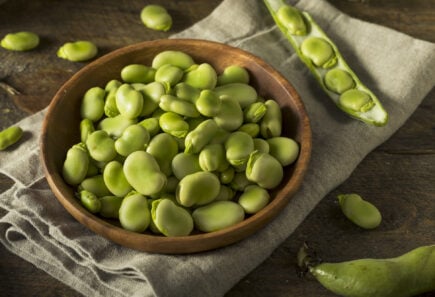
Texturizing proteins and fiber
GFI grantee Dr. Girish Ganjyal at Washington State University is texturizing proteins and fiber to make better plant-based meat.
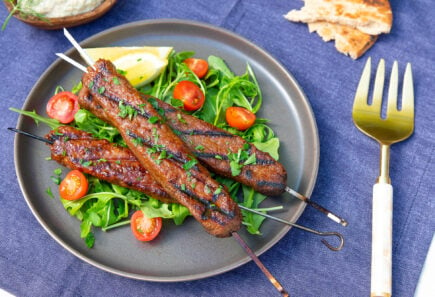
Microstructure engineering
Learn about GFI grantee Dr. Mario Martinez’s work at the University of Guelph engineering microstructures for whole-muscle plant-based meat.
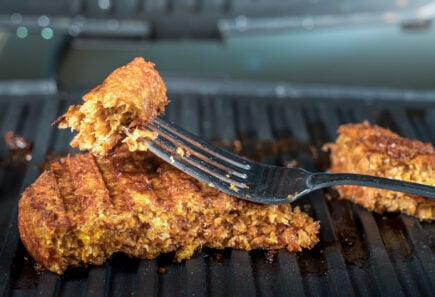
Creating fiber-like structures
Learn how GFI grantee Dr. David Julian McClements is developing an alternative to extrusion for producing plant-based meat at the University of Massachusetts.
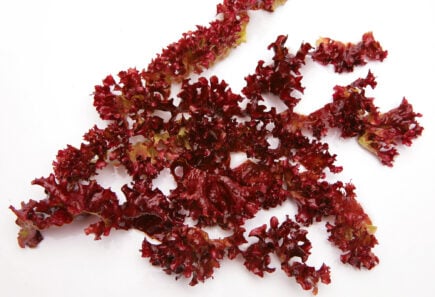
Texturizing seaweed proteins
Learn about Dr. Yoav Livney’s work at The Technion – Israel Institute of Technology texturizing seaweed proteins for plant-based seafood.
Explore research opportunities
-
Cultivated
-
Fermentation
-
Plant-Based
Optimizing fat profiles for nutritional and sensory properties
Because alternative meat’s fat content and fatty acid profile can be more easily controlled than conventional meat’s, there is an opportunity to alter fat content for nutritional benefits. Additional research…
-
Cultivated
-
Fermentation
-
Plant-Based
Hybrid products to optimize nutrition, taste, cost, and sustainability
Hybrid products are a promising means to improve the cost and sustainability of animal-derived meat while improving the taste of plant proteins. Promoting the health benefits of hybrids may facilitate…
-
Cultivated
-
Plant-Based
Plant-based scaffolds to improve cultivated meat nutrition
A variety of plant-based scaffolds present the opportunity to combine the natural nutritional and structural benefits of plants with the taste and high protein of cultivated meat. Bacterial nanocellulose from…
Check out related resources
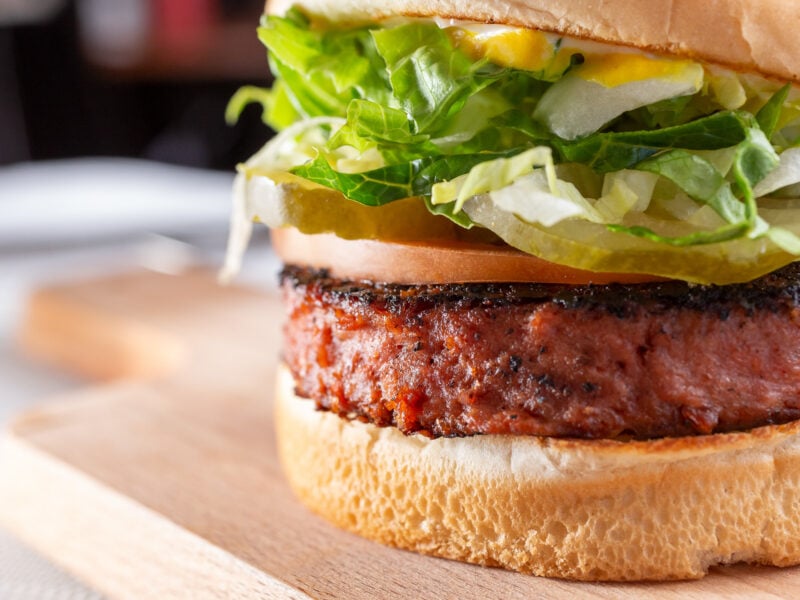
The science of plant-based meat
Learn about the science of plant-based meat. Discover resources and research on the latest technological developments and key scientific questions.

Plant-Based Meat Manufacturing Guide
Learn about plant-based meat manufacturing by extrusion and explore directories of ingredients, facilities, and co-manufacturers.
